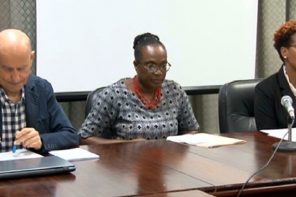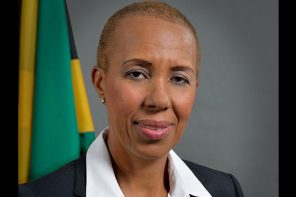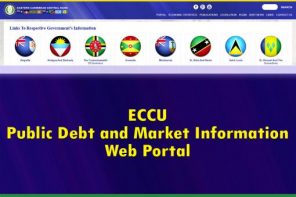Doing Business 2017 - Latin America & Caribbean (LAC)
The Business Environment Just as the overall ranking on the ease of doing business tells only part of the story, so do changes in that ranking.
Yearly movements in rankings can provide some indication of changes in an economy’s regulatory environment for firms, but they are always relative. An economy’s ranking might change because of developments in other economies. An economy that implemented business regulation reforms may fail to rise in the rankings (or may even drop) if it is passed by others whose business regulation reforms had a more significant impact as measured by Doing Business.
Policy makers can learn much by comparing the indicators for their economy with those for the lowest- and highest-scoring economies in the region as well as those for the best performers globally. These comparisons may reveal unexpected strengths in an area of business regulation—such as a regulatory process that can be completed with a small number of procedures in a few days and at a low cost.
Starting A Business Economies around the world have taken steps making it easier to start a business—streamlining procedures by setting up a one-stop shop, making procedures simpler or faster by introducing technology, and reducing or eliminating minimum capital requirements.
Many have undertaken business registration reforms in stages—and often as part of a larger regulatory reform program. Among the benefits have been greater firm satisfaction and savings and more registered businesses, financial resources and job opportunities.
Is It Now Easier To Start A Caribbean Business? What business registration reforms have been recorded in Caribbean countries in the past three years, and are they making it easier or harder to do business in the region?
New & Improved In 2016 & 2017 Antigua and Barbuda made trading across borders easier by eliminating the tax compliance certificate required for import customs clearance. Saint Lucia made exporting and importing easier by upgrading an electronic data interchange system and linking the customs and port authorities through a common online platform. However, getting electricity became more difficult on account of a new requirement to obtain a current land registry extract before connection.
Grenada made trading across borders easier by streamlining import document submission procedures, reducing the time required for documentary compliance Guyana improved access to credit information by expanding the coverage of the credit bureau, and made registering property easier by increasing the transparency of the Lands & Survey Commission Jamaica reduced the time of documentary compliance for exporting by implementing an automated customs data management system, ASYCUDA World. Jamaica also made paying taxes less costly by increasing tax depreciation rates and the initial capital allowance for assets acquired on or after January 1, 2014, and made paying easier by implementing an electronic system for filing of corporate income tax, VAT and social contributions. St. Vincent and the Grenadines made resolving insolvency easier in 2016 by introducing a rehabilitation procedure, introducing provisions to facilitate the continuation of the debtor’s business during insolvency proceedings and allow creditors greater participation in important decisions during the proceedings; and establishing a public office responsible for the general administration of insolvency cases. Saint Kitts and Nevis reduced the stamp duty for transferring real estate. Dominica made paying taxes less costly by reducing the corporate income tax rate.



